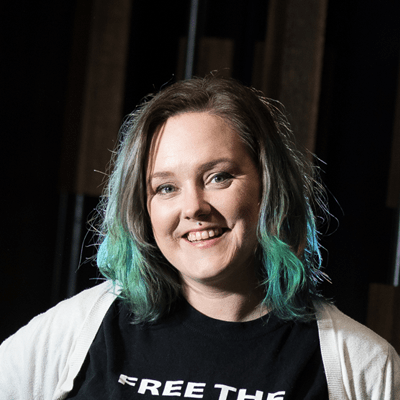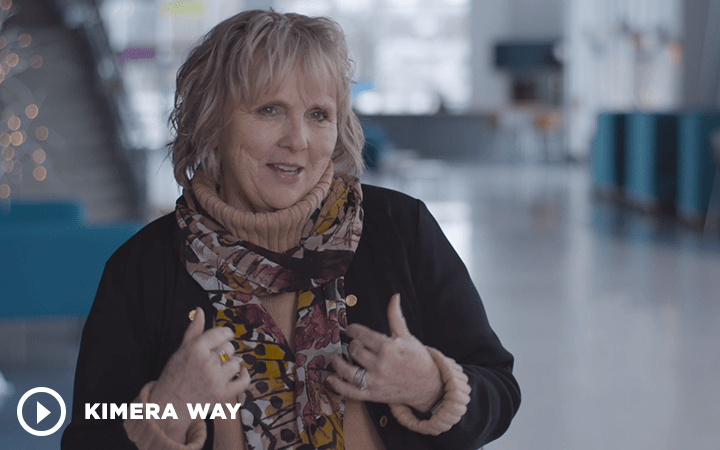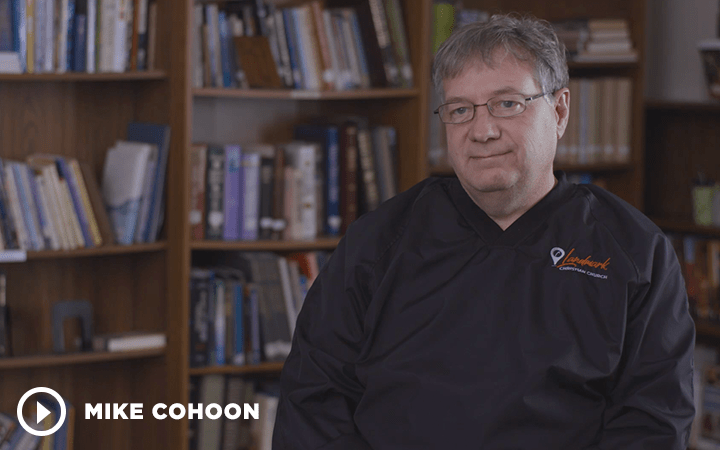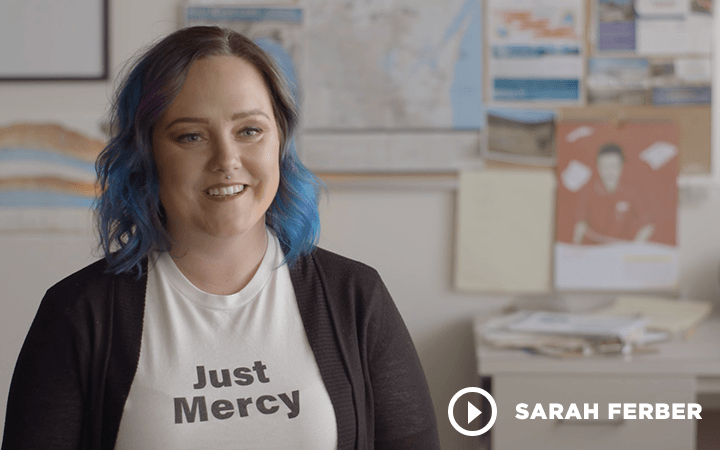Sarah Ferber was struck by the unfairness of the justice system 10 years ago when she spent three months in jail for the first time. Now she fights to change that system into one that serves everyone who encounters it as a community advocate, nonprofit leader, and associate director of the criminal justice reform organization EXPO.
At the time, Ferber was in jail with a black woman who had a familiar story; they had been sentenced to probation for similar crimes, and were arrested for committing similar offenses while on probation. Ferber believed hers was the worse of the two.
“I thought for sure I was going to prison,” Ferber said. She had seen men go to prison for less. “I watched this African-American woman go to prison, and I got let out into treatment court. And it was the first time that I was really slapped in the face with how racist our justice system really is. … Why was I deemed more worthy of help than she was?”
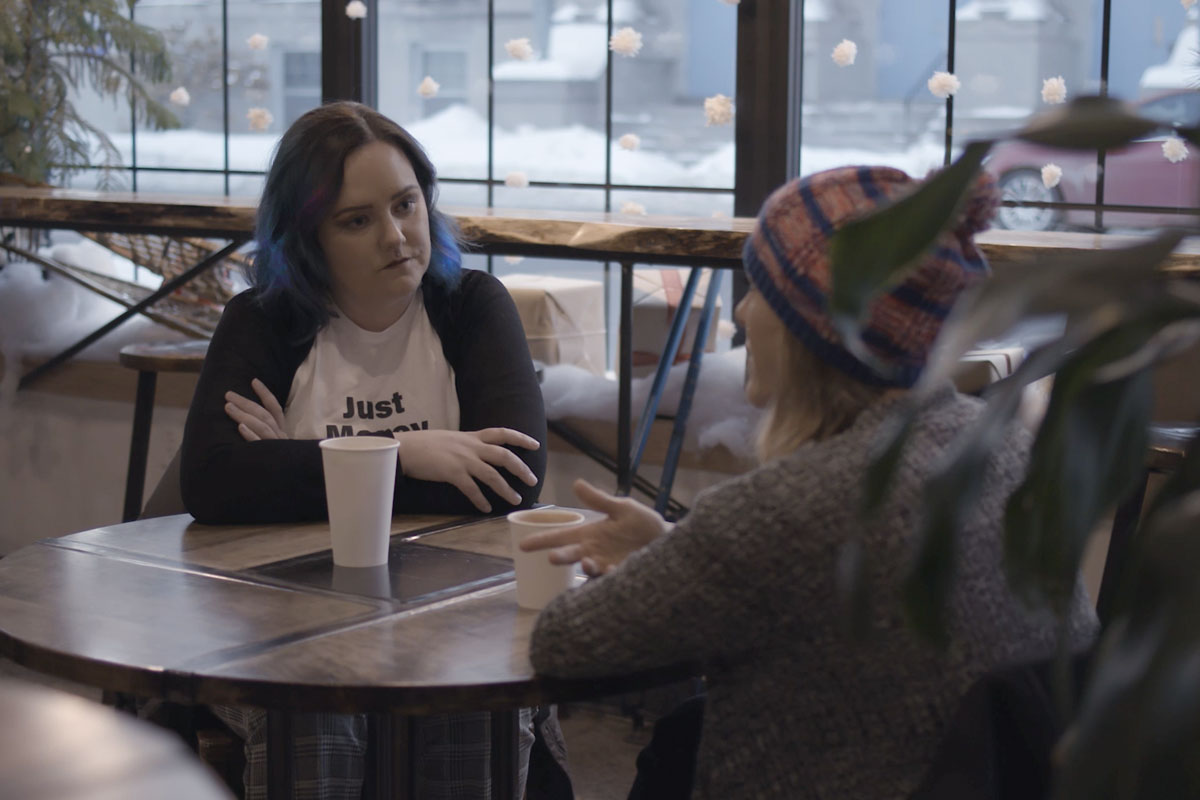
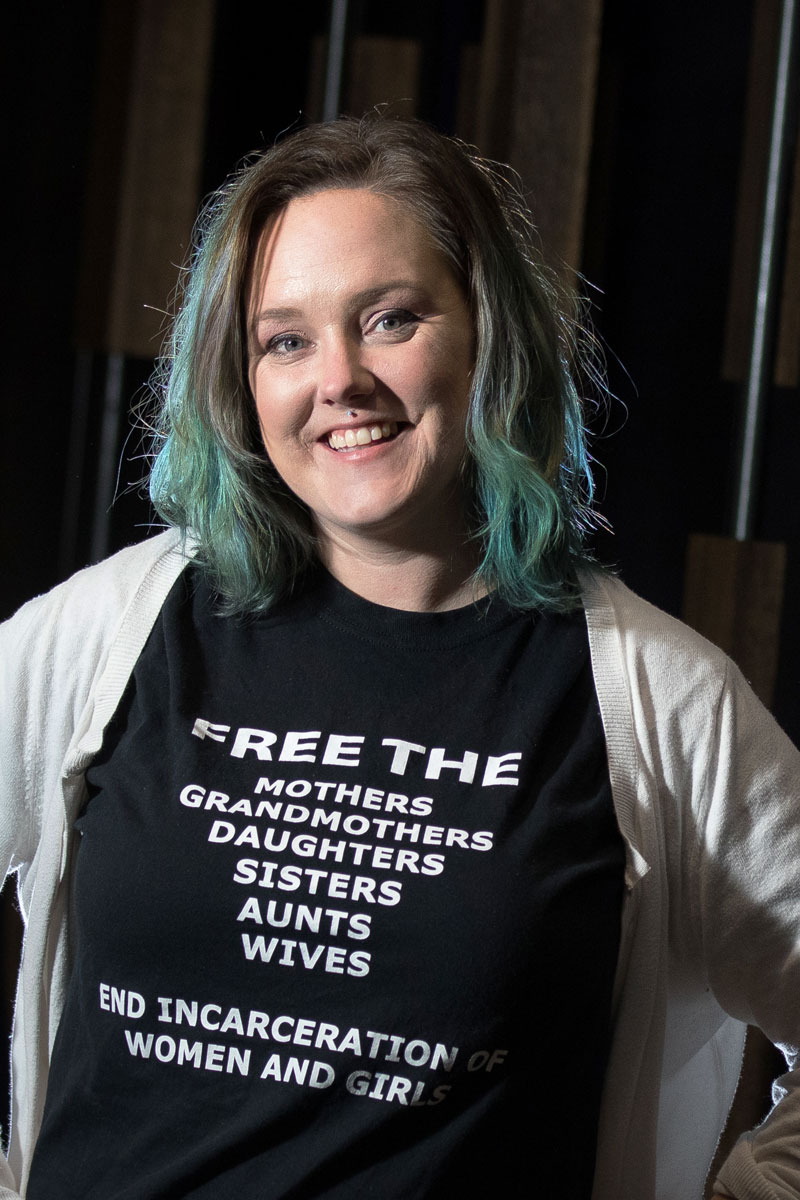
Ferber learned about EXPO in 2015, and has since worked with the organization as a volunteer, a regional leader, and now as associate director.
“I’d always been somebody who wasn’t afraid to speak up,” Ferber said. “That had always been a blessing and a curse throughout my life, and it was like, ‘Oh, maybe this could be a place where that’s valued.’”
She also serves on the board of Round Table Revival, a new Chippewa Valley nonprofit that helps people affected by the justice system advocate for themselves.
With EXPO and Round Table Revival, Ferber works toward solutions to problems commonly faced by people who have been incarcerated. These efforts include projects such as Unlock the Vote, a campaign to restore voting rights to people who have served a prison sentence for a felony, and the Free Campaign, a group that focuses on amplifying the voices of women. Through Round Table Revival, she is exploring ways to cultivate social communities where ex-incarcerated people can thrive.
“We listen to the people who are most impacted, who are living in the community and going through this stuff every day, and we ask them, ‘What do we need to change to make your life better?’”
“We don’t tell other people what issues we want them to work on,” Ferber said. “We listen to the people who are most impacted, who are living in the community and going through this stuff every day, and we ask them, ‘What do we need to change to make your life better?’ ”
To get where she is today, Ferber has had to overcome her self-perception and how others see her. She sometimes wonders if she is the right person, if she is qualified to do what she is doing — a bit of imposter syndrome, she says. And she struggles with what she calls a “lifelong sentence” that comes with a felony conviction: People make assumptions about Ferber and others who have been in contact with the criminal justice system, which leads to limited housing opportunity, lack of trust, and other hurdles.
But Ferber’s advice to others who are fighting against the same stigmas is this: “Don’t be afraid.” The criminal justice system can only continue to treat people unfairly if the citizens allow it to, she said.
“When I found out that this was a way I could both own my own narrative and also make an impact on the way that people look at people like me, I was in,” she said. “I’m in all the way. And I haven’t looked back since.”



